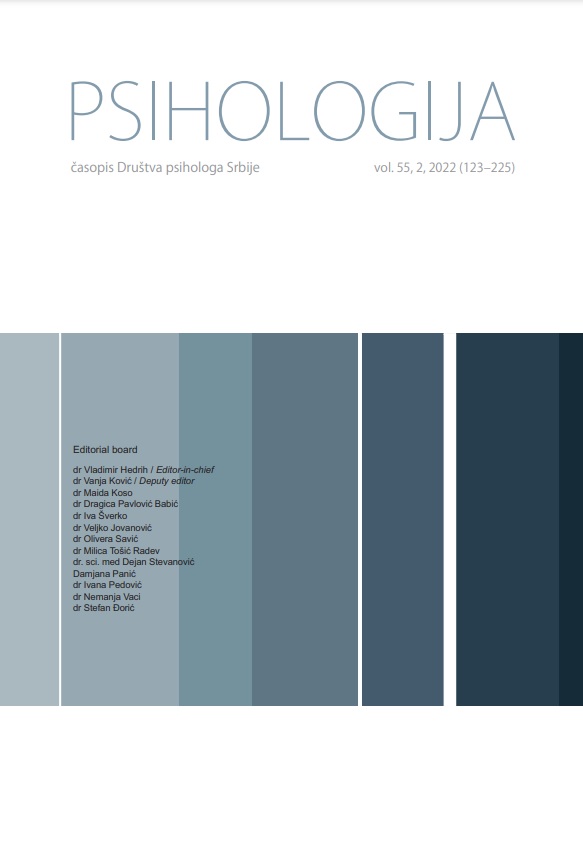Perceived lack of control and conspiracy theory beliefs in the wake of political strife and natural disaster
Perceived lack of control and conspiracy theory beliefs in the wake of political strife and natural disaster
Author(s): Ana Stojanov, Jesse M. Bering, Jamin HalberstadtSubject(s): Social psychology and group interaction, Cognitive Psychology, Personality Psychology, Crowd Psychology: Mass phenomena and political interactions
Published by: Društvo psihologa Srbije
Keywords: conspiracy beliefs;perceived control;compensatory control;natural disasters;political upheaval;
Summary/Abstract: While lack of control is one plausible explanation for conspiracy beliefs, the experimental evidence is mixed. We present two naturalistic studies that offer some limited support for the control hypothesis. In the first, Macedonians living in (North) Macedonia (N = 116) completed a conspiracy ideation scale immediately after a national referendum on the country’s name change from “Macedonia” to “North Macedonia,” and one year after. The opposition, whose control was lowered after the name change, increased their conspiracy beliefs, but supporters did not. Study 2, conducted with Americans (N = 266) in the wake of a series of devastating tornadoes, replicated and expanded the first study: the effects were evident only for the threatening event-related conspiracy beliefs. These studies suggest a possible link between lack of control and conspiracy beliefs in the real world.
Journal: Psihologija
- Issue Year: 55/2022
- Issue No: 2
- Page Range: 149-168
- Page Count: 20
- Language: English

